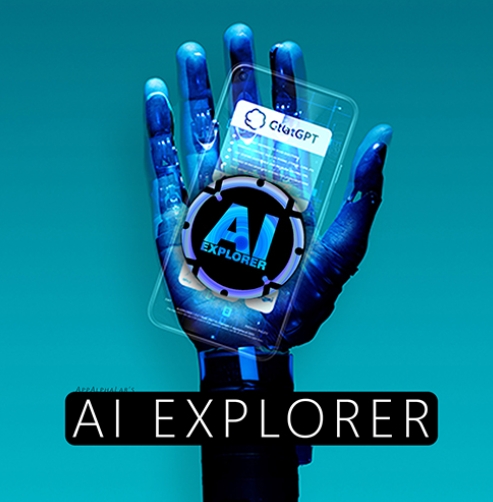Artificial Intelligence (AI) is revolutionizing industries across the globe, with its ability to automate tasks, analyze data, and make predictions. Let’s take a deep dive into the world of AI to uncover the power it holds.
Understanding AI Technology
AI is a technology that enables machines to perform tasks that would typically require human intelligence. It incorporates various techniques such as machine learning, natural language processing, and deep learning.
Machine Learning
Machine learning is a subset of AI that enables machines to learn from data and improve their performance over time without being explicitly programmed. This allows machines to make decisions and predictions based on patterns in data.
Natural Language Processing
Natural Language Processing (NLP) is a branch of AI that focuses on the interaction between computers and humans using natural language. It allows machines to understand, interpret, and generate human language.
Deep Learning
Deep learning is a type of machine learning that uses artificial neural networks to learn from large amounts of data. It enables machines to recognize patterns and make decisions in a way that mimics the human brain.
Applications of AI
AI is being used in various industries to improve efficiency, reduce costs, and drive innovation. Some common applications of AI include:
1. Healthcare: AI is being used to analyze medical images, diagnose diseases, and develop personalized treatment plans.
2. Finance: AI is used to detect fraud, predict stock prices, and automate trading processes.
3. Marketing: AI is used to personalize marketing campaigns, analyze customer behavior, and optimize advertising strategies.
4. Transportation: AI is used to optimize traffic flow, improve safety, and develop autonomous vehicles.
Challenges of AI
While AI holds immense potential, there are also challenges that need to be addressed. Some common challenges include:
1. Data Privacy: AI relies on large amounts of data, raising concerns about privacy and security.
2. Bias: AI systems can exhibit biases based on the data they are trained on, leading to unfair or discriminatory outcomes.
3. Transparency: AI systems can be highly complex and difficult to interpret, making it challenging to understand how decisions are made.
In conclusion, AI has the power to transform industries and improve our daily lives. By understanding the technology, its applications, and the challenges it presents, we can harness the full potential of AI for the benefit of society.

